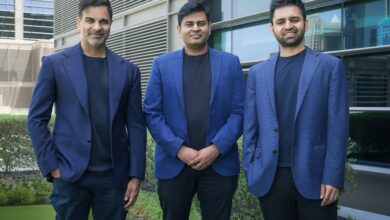OpenAI and Microsoft Sued Over Alleged Misuse of Nonfiction Works for AI Training

Author and Hollywood Reporter editor, Julian Sancton, filed a lawsuit against OpenAI and Microsoft on November 21, alleging the unauthorized use of nonfiction authors’ works to train AI models, including OpenAI’s ChatGPT service.
Sancton’s complaint accuses OpenAI of employing tens of thousands of nonfiction books without authorization to train its language models, prompting a proposed class-action lawsuit in a New York federal court.
This legal action aligns with other copyright owners like John Grisham, George R.R. Martin, and Jonathan Franzen, who’ve filed similar lawsuits against tech firms for purportedly misusing their work to train AI systems. While the companies involved refute these claims, Sancton’s lawsuit emphasizes Microsoft’s alleged involvement in generating unlicensed copies of authors’ works for AI training data, and its knowledge of OpenAI’s broad web scraping for copyrighted material.
Notably, Microsoft’s recent hiring of Sam Altman to lead its new AI division, after his departure from OpenAI, brought unexpected attention.
Despite multiple copyright infringement suits against OpenAI, Microsoft has largely remained untouched, even though it has integrated ChatGPT into various products. Sancton’s legal action is the first instance of an author suing OpenAI while directly naming Microsoft as a defendant.
With significant investments in the AI startup, Microsoft has seamlessly embedded OpenAI’s systems into its product offerings.
Sancton’s lawsuit specifically cites the alleged use of his work, “Madhouse at the End of the Earth,” in training GPT large language models. The complaint holds Microsoft substantially accountable for model development, seeking unspecified monetary damages and a court order to cease the alleged infringement.





